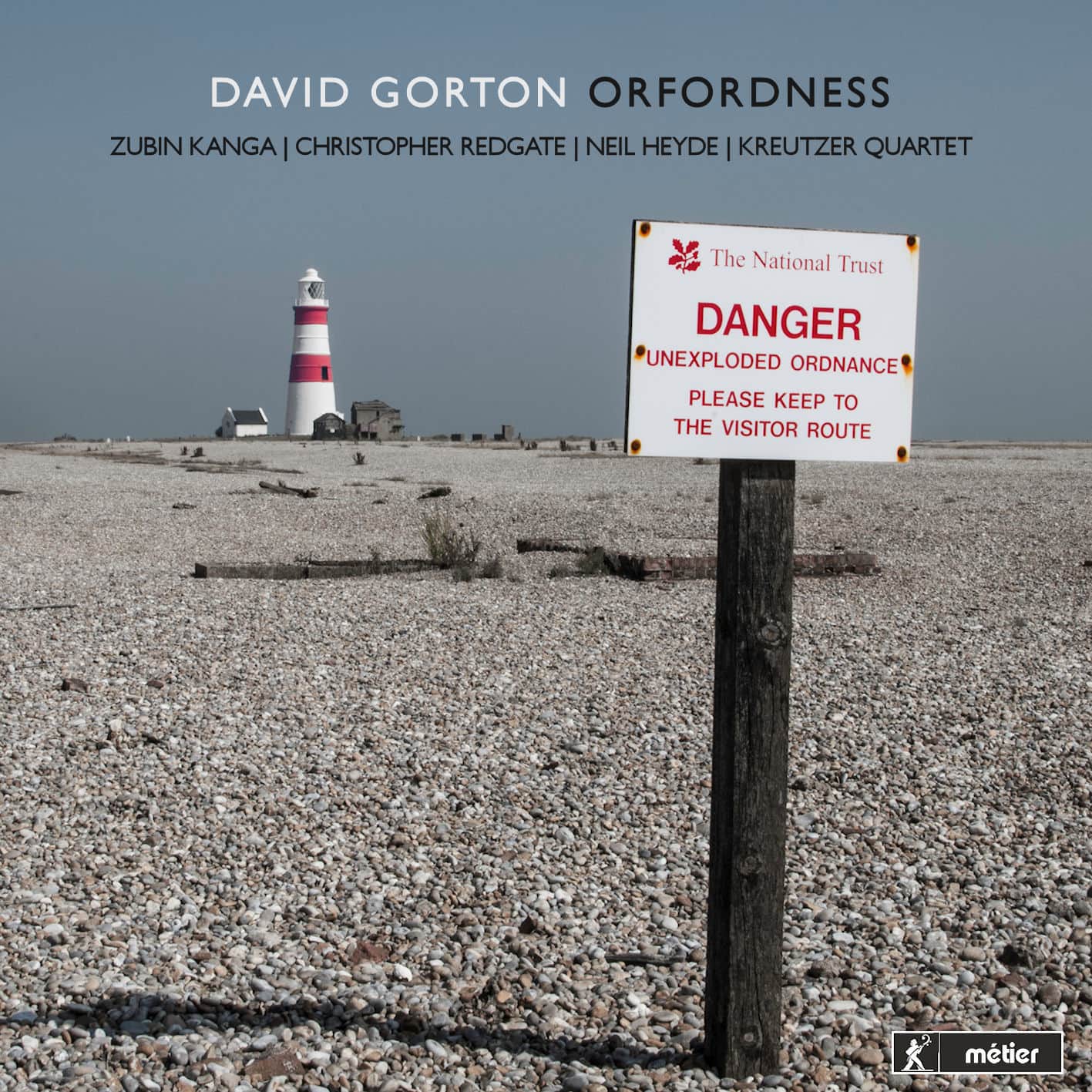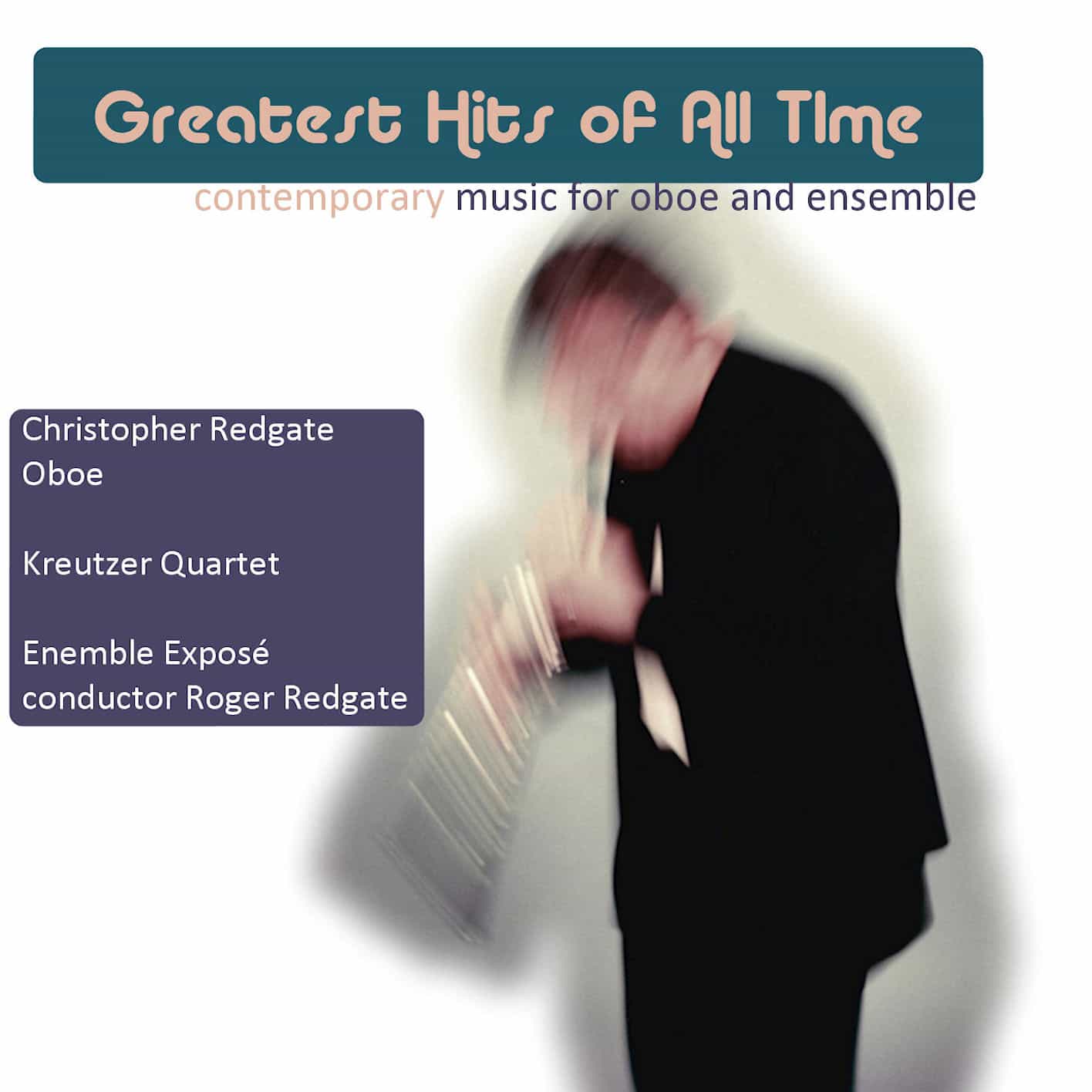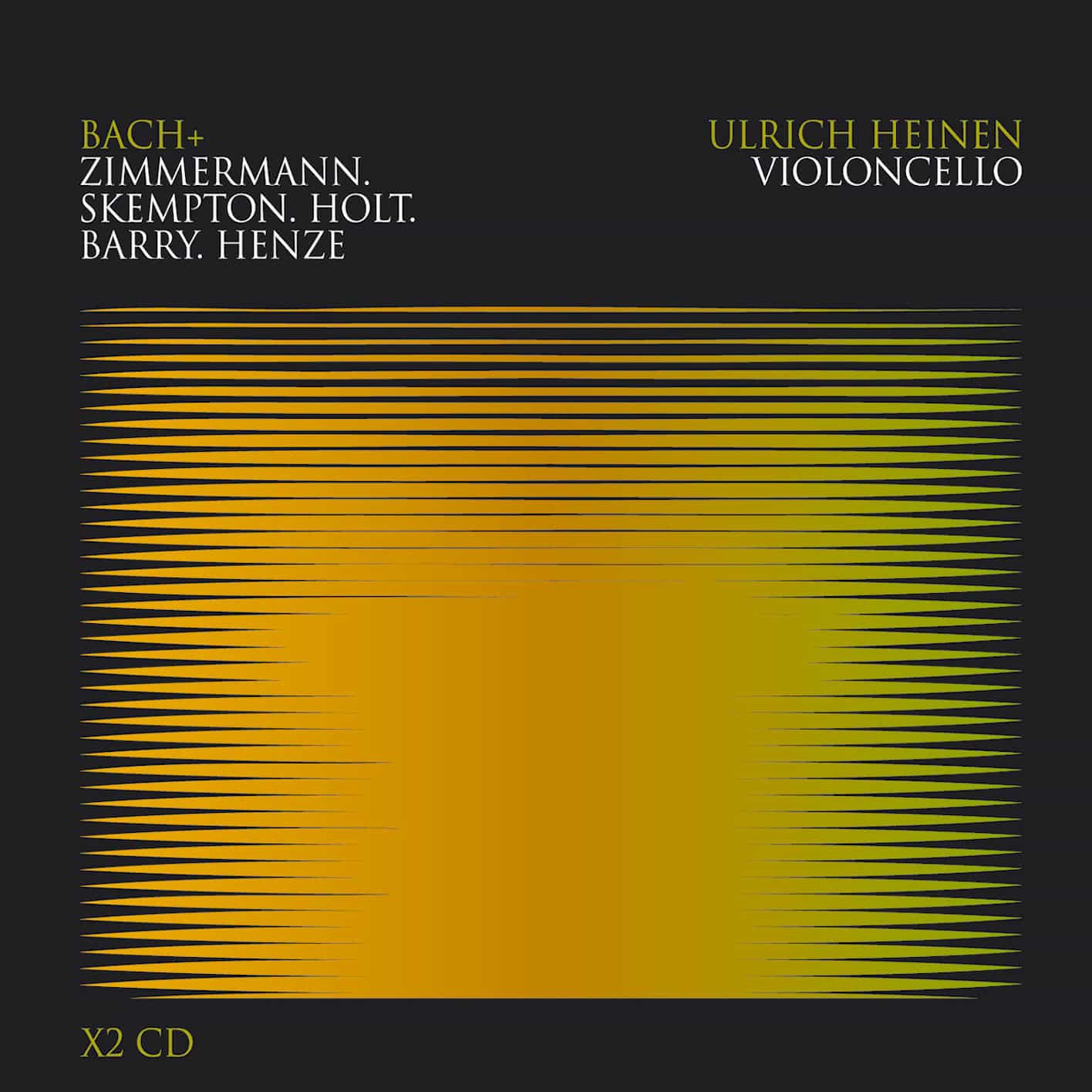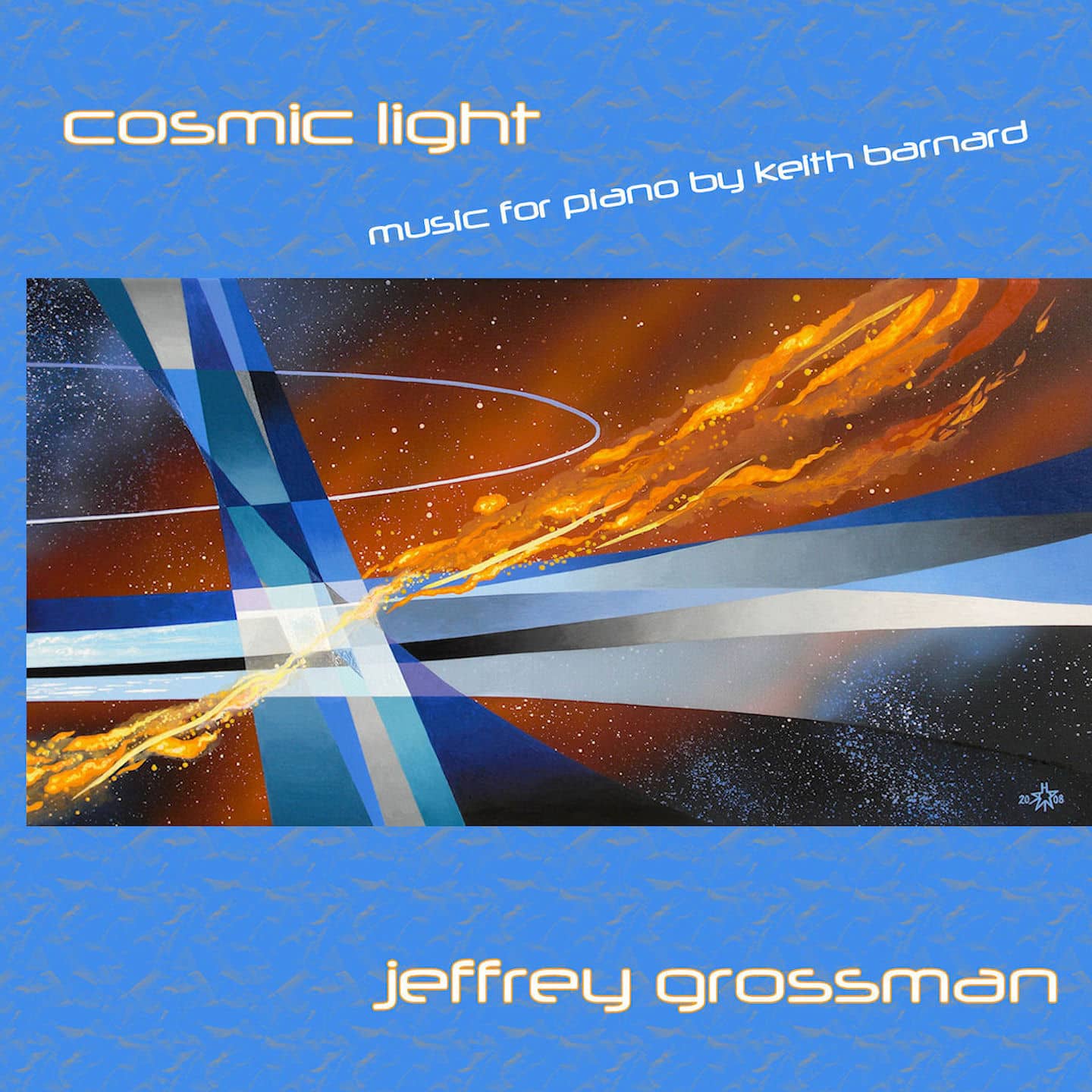Orfordness: Music by David Gorton
David Gorton, Associate Head of Research Studies at the Royal Academy of Music, is a composer unafraid to use ‘straight’ instrumentation, electronics and also collage techniques to express himself. This means that a program of only four works, all quite extended, is full of variation; from the Sonata for Cello with electronics, deep in the contemporary mainstream, to the eerie depiction of Orfordness in England, nature reserve and former secret weapons establishment, involving solo piano coupled with tapes from the USAF recording a UFO encounter in the vicinity. Gorton’s music may be modern but it is never abstract, always communicating about people and places.
A sequel to Gorton’s excellent ‘Trajectories’ (MSVCD92104) this album has four extended works each very different, from the eerily descriptive ‘Orfordness’ (piano solo with taped USAF messages about a UFO sighting) to the 2nd Cello Sonata, the oboe showpiece ‘Austerity Measures II’ and another location-based work ‘Fosdyke Wash’. Top soloists include Christopher Redgate, Neil Heyde and the Kreutzer Quartet and we welcome exciting Australian pianist Zubin Kanga.
Track Listing
-
David Gorton:
- Orfordness (18:06)
- Austerity Measures II (13:34)
- Fosdyke Wash (16:52)
- 2nd Sonata for Cello (12:48)
Reviews
“Make no mistake, this is deeply serious, aggressively cutting-edge music that demands enormous reserves of patience and a highly developed sense of adventure.
” —Jim Svejda
“I imagine that Gorton enjoys a good joke. In the landscape portrait for piano quintet, Fosdyke Wash , a sighing cello part is marked “like distant agricultural machinery.” At that point, the cello sounds like a mewling chainsaw at a far remove. Starting calmly over gently sustained piano pitches (using an ebow), a scordatura quartet […]
” —Grant Chu Covell
“Orfordness may lie geographically in Benjamin Britten country, but the music inhabits a totally different landscape. There is a detailed programme underlying Gorton’s music, which is comprehensively explained in the booklet. [Fosdyke Wash] is music of a dangerous beauty which achieves a rapt stillness. It is the most recent music on the disc, and perhaps shows the composer turning in a new direction.
” —Paul Corfield Godfrey
“David Gorton’s program is wild, mysterious, paranoid, dense, difficult, and rarely understated or straight-forward.
” —Kraig Lamper
“Gorton is clearly a clever chap… and uses instrumentation, electronics and samples. Discordant and unsettling.
” —Jeremy Condliffe
“Gorton makes no concessions to his performers — not that those heard here require any ‘easy options’ when it comes to realising such intricate and exacting pieces. Excellent sound and detailed notes also complement the interpretative conviction needed for this unequivocal music.
” —Richard Whitehouse
“[Austerity Measures] is not an easy listen but a fascinating and, at times, revealing one… some unbelievably fine virtuosic oboe passages, brilliantly played. This is a fine disc that shows David Gorton to be a composer of subtlety who brings fine detail and lovely textures and sonorities.
” —Bruce Reader
“[In Orfordness] the careful sculpting of sound and space creates effective musical drama.. The nature of the score [of Austerity Measures II] leaves a large amount of creative decision-making up to the performer, not only in terms of expressive choices, but also in regard to harmony and timbre, due to the nature of multiphonic formation. Redgate takes full advantage in a fierce and driving performance. [Fosdyke Wash] is an abstractly evocative work, which stands in compelling contrast to the disc’s other pieces. Of all the pieces on this disc, the [cello] sonata most shows us that, as Gorton says, ‘even prerecorded and electronic music is gesturally and visually meaningful.
” —Matthew Hammond

















